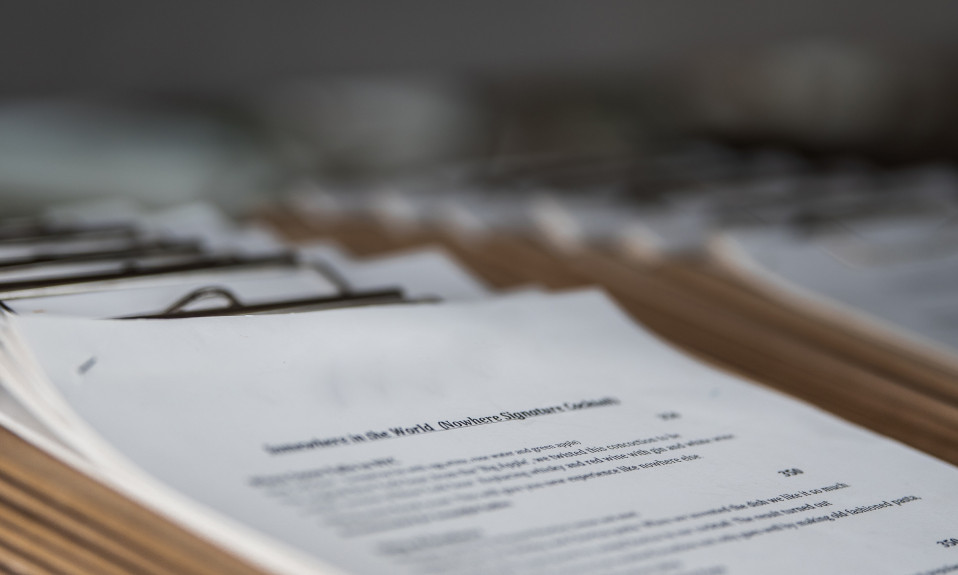
To obtain a money lender’s licence in Lagos State, you must have the following in place:
1. A registered legal entity (a limited liability company)
2. Updated Tax Clearance Certificates for the directors in the company and evidence of updated tax filings for the company
3. Registration with the Lagos State Residents Registration Agency…
One of the many ways to finance a business in Nigeria is through loan financing. Loan financing is the act of lending money with the expectation that it will be repaid with interest or in exchange for a larger sum of money.
Similar to payment services, loan financing activities are prevalent in the FinTech space in Nigeria. Their activities are highly regulated, particularly by the money lending laws and regulations of each state.
If you decide to become a player in this space, you may want to start familiarising yourself with regulatory bodies like the Central Bank of Nigeria and the money lending regulators of each state, for example, the Ministry of Home Affairs in Lagos State, Nigeria.
To provide commercialised lending services, an applicant must obtain a money lender’s licence from each state where they intend to conduct business. The licence empowers a licensee to provide lending services for any amount with interest rates within the threshold set by the money lending laws of each state.
Given the current FinTech industry trend, we can understand why many businesses might want to run their money lending operations online. In this situation, securing a money lender’s licence from the state or states in which the business plans to establish physical operations may be an option to consider. Given that Lagos State is a centre for activities involving money lending, our discussion will centre on the loan financing procedure that is used in Lagos State, Nigeria.
To obtain a money lender’s licence in Lagos State, you must have the following in place:
- A registered legal entity (a limited liability company)
- Updated Tax Clearance Certificates for the directors in the company and evidence of updated tax filings for the company
- Registration with the Lagos State Residents Registration Agency
- A police report from the Commissioner of Police for each of the directors,
- Chief Magistrate’s Certificate from a Magistrate Court within the location of the business
- Bank reference letter or evidence of maintaining a corporate bank account
- Evidence of business permit and the Combined Expatriate Residence Permit And Aliens Card (CERPAC) for foreign shareholders
- Payment of the application fee; and
- Evidence of physical office operations
Before granting the licence, the ministry typically inspects the applicant’s office. During the inspection, a director or representative of the company must be present to interact with the ministry’s representatives. Following the inspection, the licence will be granted at the discretion of the ministry.
Obtaining the licence typically takes between 2 to 3 months from when all the required documents have been submitted to the ministry. Also, the licence typically expires at the end of each year, and a separate process is required to renew the licence each year.
It’s crucial for businesses to have the appropriate guidance to progress through the process each year because getting a money lender’s licence is a fairly technical process.







good!!!